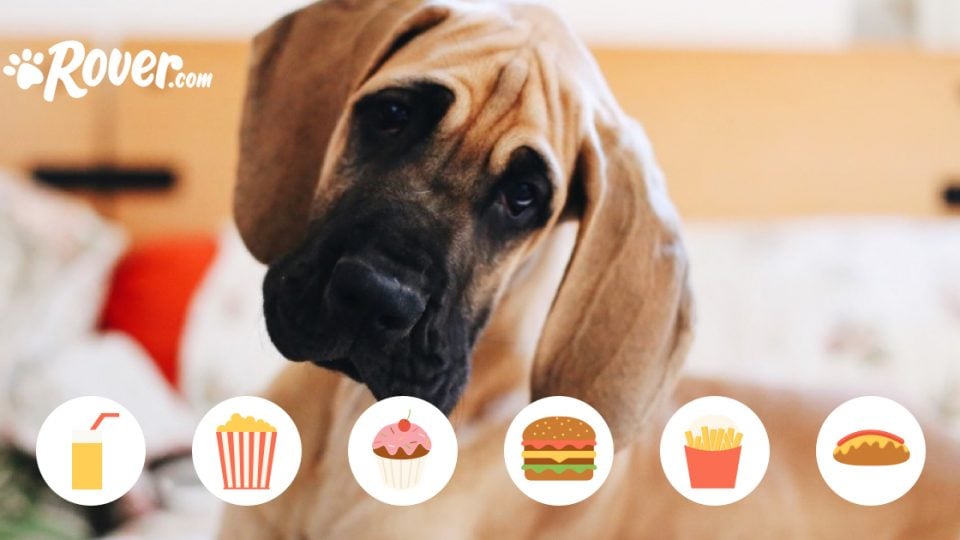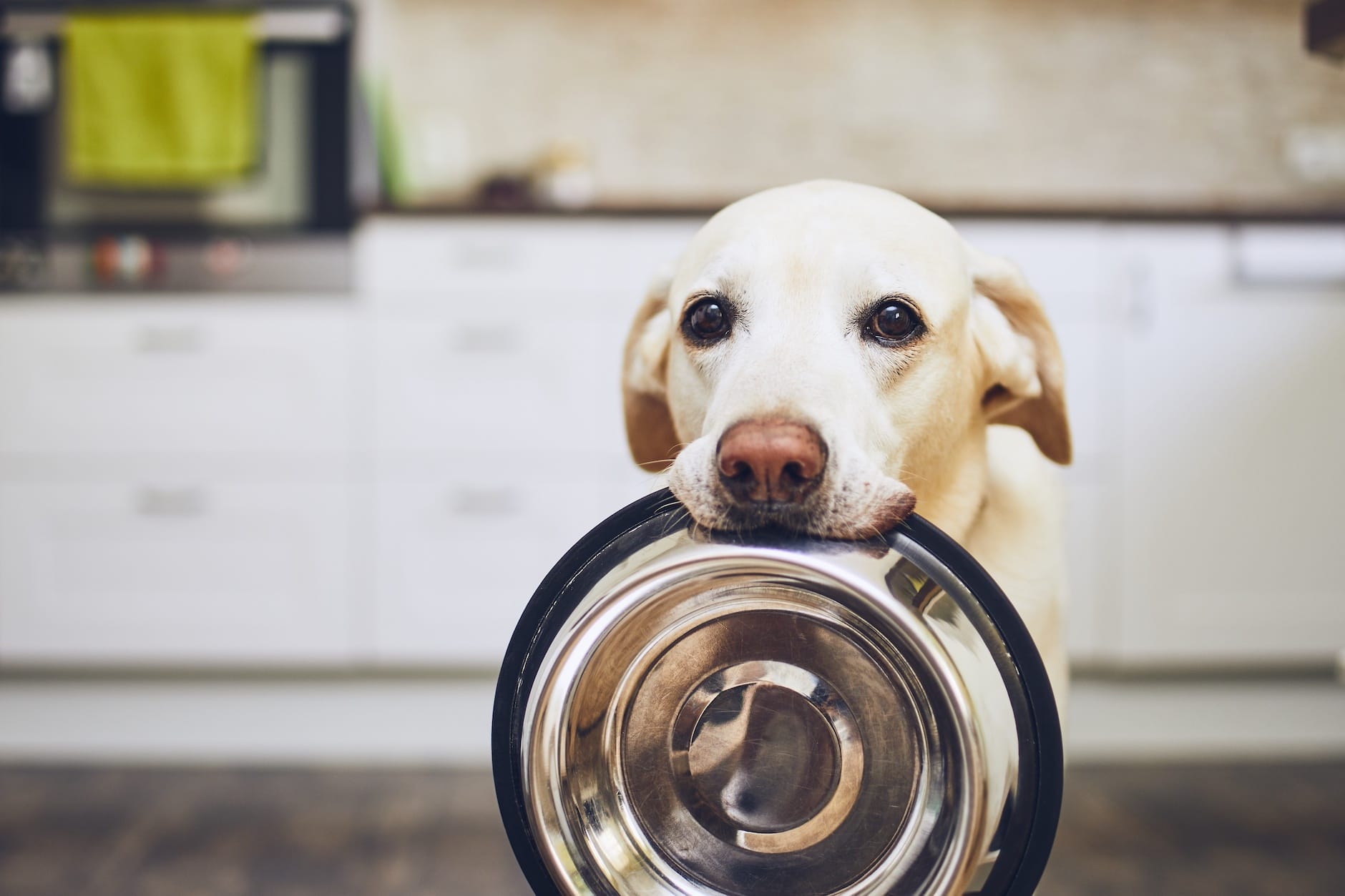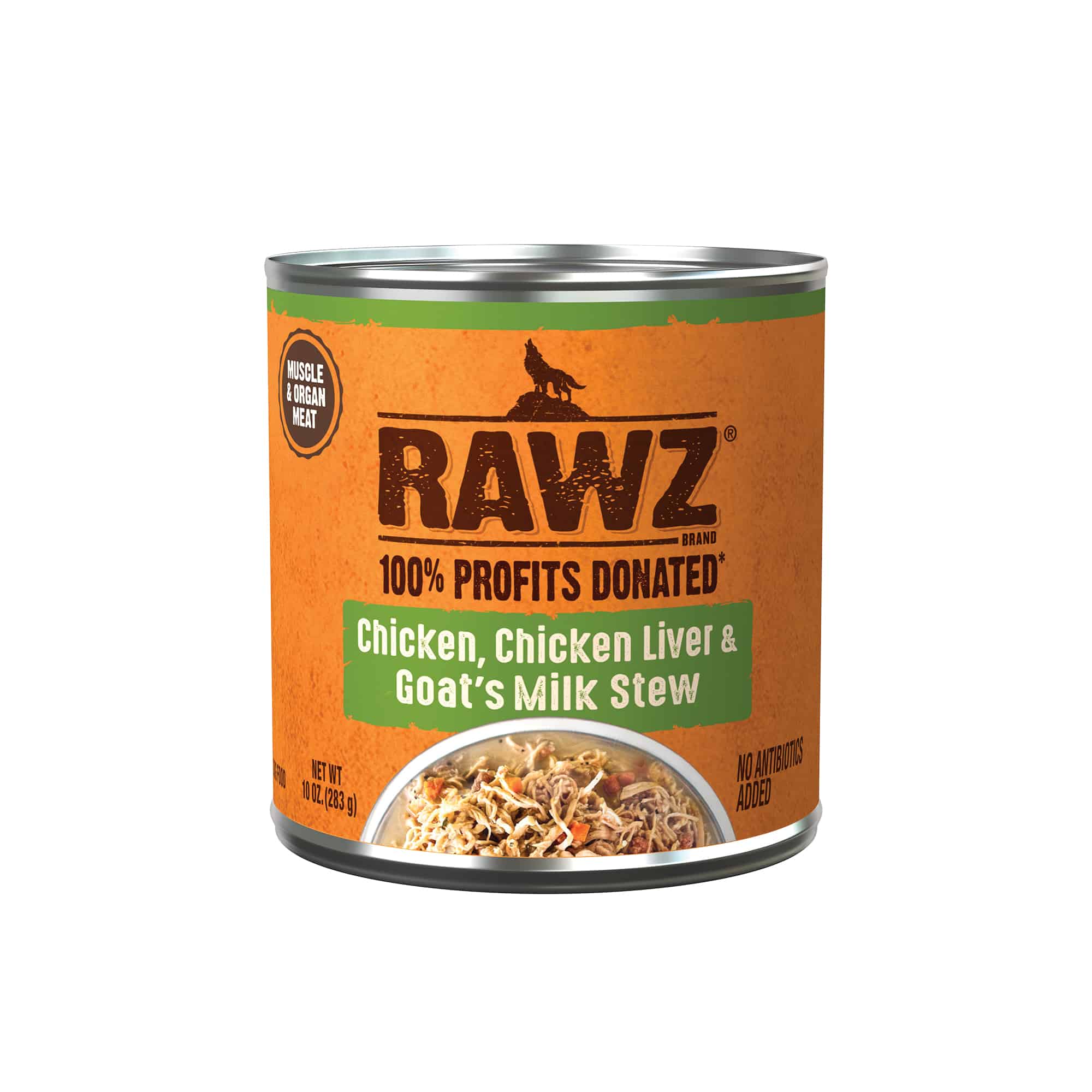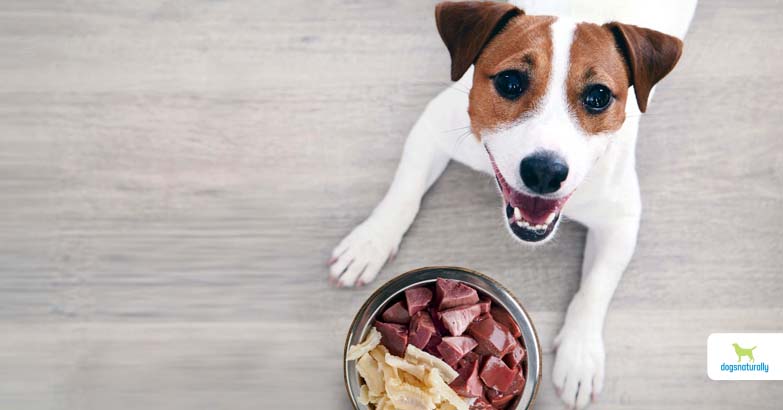Nutritional Benefits Of Feeding Chicken Liver To Dogs

Feeding chicken liver to dogs can provide a range of nutritional benefits. This organ meat is highly nutritious, containing protein, fat, carbohydrates, vitamins A and D, phosphorus, iron, and other trace elements. The protein in chicken liver is essential for dogs’ growth, muscle development, and overall health. It helps strengthen their immune system, promotes healthy skin and coat, and supports proper organ function. Additionally, the vitamins and minerals in chicken liver aid in nutrient absorption and contribute to a balanced diet for dogs. Incorporating chicken liver into your pet’s diet can help ensure they receive the necessary nutrients for optimal health.
Nutrients Found In Chicken Liver
Chicken liver is a powerhouse of nutrients that are essential for dogs’ overall health and well-being. It is rich in protein, which is crucial for muscle development and growth. The liver also contains important vitamins, such as vitamin A and vitamin D, which support healthy skin and coat. Additionally, chicken liver provides essential minerals like phosphorus and iron, which contribute to proper organ function and overall vitality. By incorporating chicken liver into their diet, dog owners can ensure that their furry friends are receiving the necessary nutrients for optimal health.
Health Benefits Of Chicken Liver For Dogs
Chicken liver offers numerous health benefits for dogs. First and foremost, it is an excellent source of protein, essential for muscle development and growth. Additionally, chicken liver is packed with vital vitamins, such as vitamin A and vitamin D, which support healthy skin and a shiny coat. The liver also contains important minerals like phosphorus and iron, which contribute to proper organ function and overall vitality. By incorporating chicken liver into their diet, dog owners can ensure that their furry friends are receiving the necessary nutrients for optimal health and well-being.
Risks Of Feeding Chicken Liver To Dogs

Feeding chicken liver to dogs offers many health benefits, but it’s important to be aware of potential risks associated with excessive consumption. Chicken liver is high in vitamin A, and if dogs consume too much of it, they may develop hypervitaminosis A, which can lead to bone and joint pain, loss of appetite, and even bone deformities. Additionally, dogs with copper storage disease should avoid excessive liver intake, as it can lead to copper toxicity. It’s crucial to provide liver in moderation and consult with a veterinarian for personalized advice on portion sizes and frequency of feeding.
Potential Hazards Of Excess Chicken Liver Consumption
Excessive consumption of chicken liver can pose potential hazards to dogs. Chicken liver is high in vitamin A, and if dogs consume too much of it, they may develop hypervitaminosis A. This condition can lead to bone and joint pain, loss of appetite, and even bone deformities. Additionally, dogs with copper storage disease should avoid excessive liver intake, as it can lead to copper toxicity. It’s crucial to provide liver in moderation and consult with a veterinarian for personalized advice on portion sizes and frequency of feeding to ensure the health and well-being of your furry friend.
Safely Incorporating Chicken Liver Into Your Dog’s Diet
Safely incorporating chicken liver into your dog’s diet requires careful consideration and proper portion control. Start by introducing small amounts of cooked chicken liver into your dog’s meals gradually, observing their response and digestion. It is important to monitor for any signs of digestive upset or allergic reactions. Additionally, consider the overall balance of your dog’s diet and ensure that chicken liver is just one component of a well-rounded meal plan. Consulting with a veterinarian can provide guidance on the appropriate portion sizes and feeding frequency to ensure your dog’s nutritional needs are met.
Recommended Serving Sizes For Chicken Liver

When incorporating chicken liver into a dog’s diet, it is important to feed it in appropriate serving sizes. The recommended portion of chicken liver for dogs depends on their size and overall health. As a general guideline, dogs can be fed 2-3 ounces (about 85.05 g) of chicken liver a day for every 50 pounds of body weight. However, it is crucial to consult with a veterinarian to determine the ideal portion size for your specific dog. Proper portion control ensures that your dog receives the nutritional benefits of chicken liver without overconsumption. By following these recommended serving sizes, you can safely incorporate chicken liver into your dog’s balanced meal plan.
Determining Appropriate Portion Sizes For Dogs
Determining the appropriate portion size of chicken liver for dogs is essential to ensure their health and well-being. It is crucial to consider factors such as the dog’s size, age, and overall health condition when determining the serving size of chicken liver. Consulting with a veterinarian is highly recommended as they can evaluate your dog’s specific needs and provide personalized advice. They will take into account your dog’s unique dietary requirements and guide you on the ideal portion size to incorporate chicken liver into their diet effectively. Following their recommendations will help maintain a balanced and nutritious diet for your furry friend.
Feeding Guidelines For Chicken Liver
When it comes to feeding chicken liver to dogs, it’s important to follow some guidelines to ensure their health and well-being. Generally, it is recommended to feed your dog chicken liver no more than 1-2 times a week. This allows them to benefit from the nutrients without excessive consumption. For smaller dogs, dice the chicken livers into tiny bite-size pieces, while for medium to large dogs, cut them into slightly larger pieces. Be mindful of your dog’s size and feed them an appropriate serving accordingly. Remember, consulting with a veterinarian is always the best way to determine the ideal portion size for your furry friend.
Cooking Chicken Liver For Dogs

There are several safe and healthy ways to cook chicken liver for dogs to ensure they receive all the nutritional benefits. One popular method is boiling the liver in water until it is fully cooked. This helps retain the nutrients while making the liver easier to digest. You can also consider lightly pan-frying the liver in a small amount of olive oil or coconut oil for added flavor. It’s important to avoid seasoning the liver with any additional spices or ingredients that may be harmful to dogs. Always make sure the liver is fully cooked before serving it to your furry friend.
Safe Cooking Methods For Chicken Liver
When cooking chicken liver for your dog, it’s important to use safe methods to ensure their health and well-being. Boiling the liver in water is a popular option as it helps retain the nutrients while making it easier to digest. Lightly pan-frying the liver in a small amount of olive oil or coconut oil is also a viable method that adds flavor. Remember to avoid seasoning the liver with any additional spices or ingredients that may be harmful to dogs. It’s crucial to fully cook the liver before serving it to your furry friend.
Recipes And Meal Ideas Incorporating Chicken Liver
There are several delicious recipes and meal ideas that incorporate chicken liver to provide your dog with a nutritious and tasty meal. Here are a few options to consider:
- Chicken Liver Treats: Bake diced chicken liver pieces in the oven until they are cooked through, and let them cool before serving them as a special treat.
- Liver and Vegetable Stew: Cook chicken liver with a variety of dog-friendly vegetables, such as carrots and peas, in a low-sodium chicken broth for a hearty and balanced meal.
- Liver and Rice Bowl: Cook chicken liver and mix it with cooked rice for a quick and easy meal that is packed with protein and carbohydrates.
Remember to consult with your veterinarian or a canine nutritionist to ensure that the recipes and portions are suitable for your dog’s specific dietary needs.
Alternatives To Chicken Liver For Canine Nutrition

When it comes to providing your dog with a nutritious diet, there are plenty of alternatives to chicken liver that can be included. Green vegetables such as broccoli and spinach are excellent options, as they provide essential vitamins like A and C. Lean meats like turkey and chicken can also serve as protein-rich alternatives to liver when cooked and served in moderation. Additionally, fish such as salmon and sardines are great sources of omega-3 fatty acids and can be substituted for liver. Remember to consult with your veterinarian to determine the best alternatives for your dog’s specific nutritional needs.
Other Protein-rich Options For Dogs
In addition to chicken liver, there are several other protein-rich options that can be included in a dog’s diet. Lean meats such as turkey and chicken are excellent sources of high-quality protein. Fish, such as salmon and sardines, provide omega-3 fatty acids, which are beneficial for a dog’s skin, coat, and overall health. Eggs are another great protein source that can be cooked and served to dogs. Plant-based proteins, such as lentils and quinoa, can also be included for dogs with specific dietary needs. It’s important to consult with a veterinarian to determine the best protein sources for your dog’s individual nutritional requirements.
Balanced Diet Considerations Without Chicken Liver
When incorporating a balanced diet for dogs without chicken liver, it’s important to provide alternative sources of essential nutrients. Lean meats such as turkey and chicken can still be included as protein sources. Fish, such as salmon and sardines, are excellent options for omega-3 fatty acids. Eggs are another protein-rich choice that can be cooked and served. Plant-based proteins, such as lentils and quinoa, can also be included for dogs with specific dietary needs. Consulting with a veterinarian will ensure that your dog’s nutritional requirements are met, even without chicken liver.
Conclusion

In conclusion, feeding chicken liver to dogs can offer a range of nutritional benefits, including essential nutrients such as protein, vitamins, and minerals. However, it is crucial to exercise caution and moderation due to potential risks associated with liver consumption, such as toxin accumulation and excessive vitamin A intake. It is recommended to source chicken liver from trusted suppliers and follow proper cooking methods and portion control. Monitoring your dog’s health and consulting with a veterinarian for personalized advice are key to ensuring a safe and balanced diet for your canine companion.
Summary Of Nutritional Analysis On Feeding Chicken Liver To Dogs
Feeding chicken liver to dogs can provide numerous nutritional benefits. It is a rich source of protein, vitamins, and minerals, including iron and calcium. However, caution must be exercised due to potential risks associated with liver consumption, such as toxin accumulation and excessive vitamin A intake. Proper cooking methods, portion control, and sourcing liver from trusted suppliers are crucial. Monitoring the dog’s health and consulting with a veterinarian for personalized advice is essential. By following these guidelines, pet owners can ensure a safe and balanced diet for their canine companions.
Key Takeaways For Pet Owners And Their Canine Companions
When it comes to feeding chicken liver to dogs, there are several key takeaways for pet owners to keep in mind. First and foremost, moderation is key. While chicken liver can provide numerous nutritional benefits, it should be incorporated into a balanced diet alongside other protein sources. It is important to consult with a veterinarian to determine the appropriate portion sizes for your dog based on their specific dietary needs. Additionally, ensure that the chicken liver is sourced from trusted suppliers and cooked using safe methods to avoid any potential risks. By following these guidelines, pet owners can provide their furry companions with a nutritious and balanced diet.
FAQ About Feeding Chicken Liver To Dogs: A Nutritional Analysis
Q: Is chicken liver safe for dogs to eat?
A: Yes, chicken liver is generally safe for dogs to eat in moderation and as part of a balanced diet.
Q: What are the nutritional benefits of feeding chicken liver to dogs?
A: Chicken liver is a good source of protein, vitamin A, vitamin B12, iron, and other essential nutrients that can support your dog’s overall health.
Q: How much chicken liver can I feed my dog?
A: It is recommended to consult with your veterinarian to determine the appropriate amount of chicken liver to feed your dog based on its size, weight, and dietary needs.
Q: Are there any risks associated with feeding chicken liver to dogs?
A: While chicken liver can be a nutritious addition to your dog’s diet, it should be fed in moderation due to its high levels of vitamin A, which can be harmful in excessive amounts.
Q: Can I feed my dog raw chicken liver?
A: It is generally safe to feed cooked chicken liver to dogs, as cooking can help reduce the risk of foodborne illnesses. If you choose to feed raw chicken liver, ensure it is sourced from a reputable supplier and follow proper food safety guidelines.

ToroGrill Canada is excited to share our one-of-a-kind and authentic South American BBQ flavors with the wonderful people of Canada. Our journey began with a passion for bringing South America’s rich and vibrant culinary traditions to a new audience, and we have been dedicated to this mission ever since. Our story is one of inspiration, hard work, and the pursuit of excellence. Every recipe, every ingredient, and every cooking technique has been carefully honed and perfected to ensure that when you take a bite of our food, you experience the true essence of South American BBQ.